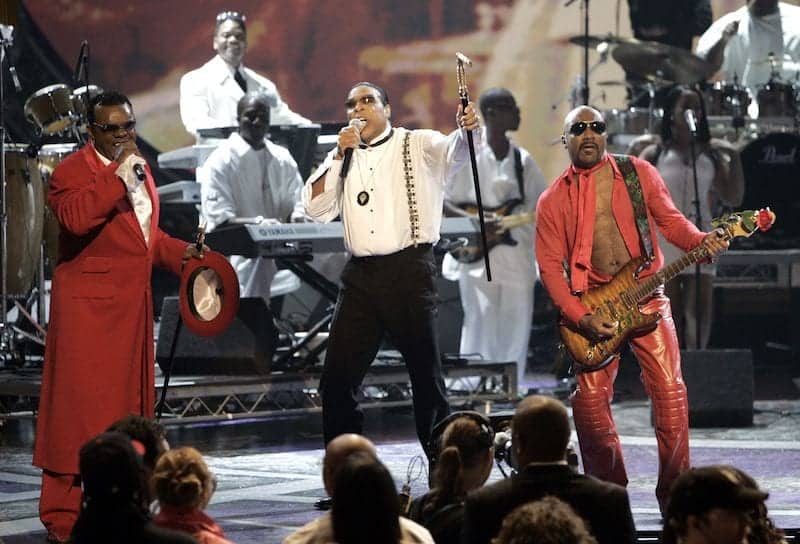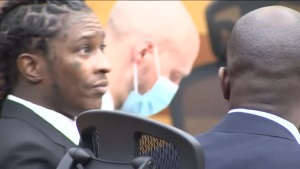
Today the Supreme Court announced its decision in a copyright case with major implications for the art and entertainment industries, ruling against the Andy Warhol Foundation for the Visual Arts (AWF) in favor of celebrity photographer Lynn Goldsmith
The case centered around Andy Warhol’s use of a photo of the singer Prince as part of a silkscreen series he created depicting the iconic rock star. In a 7-2 ruling, the Supreme Court upheld a lower court ruling that the AWF’s use of Goldsmith’s photograph was not a “fair use” that would immunize it from infringing her copyright.
Fair use is a doctrine enshrined in copyright law that promotes freedom of expression by allowing the use of copyrighted works under certain, limited circumstances without requiring the copyright owner’s authorization. This case has been followed closely by many in the art and entertainment field because it has significant implications for creating and protecting copyrighted works going forward.
This is the first art fair use case decided by the Supreme Court since 1994 when it ruled that rap group 2 Live Crew’s parody of the song “Oh Pretty Woman” was fair use and did not infringe the copyright.
Goldsmith originally took the photograph of Prince for Newsweek magazine in 1981. Subsequently, Vanity Fair magazine commissioned Andy Warhol to create an image of Prince to be published as part of a story about the artist and credited Goldsmith for the underlying photograph. Warhol created fourteen silkscreens based on Goldsmith’s photograph, most of which she did not authorize. Goldsmith only learned of these unauthorized works after Prince’s death. After AWF sued her, seeking a declaration that the silkscreens did not infringe her copyright, she countersued in 2017. The case has been making its way through the courts since then.
Initially, the District Court found in favor of AWF, holding that it had made fair use of Goldsmith’s photograph because Warhol’s silkscreen had “transformed Prince from a vulnerable, uncomfortable person to an iconic, larger-than-life figure,” thereby satisfying the crucial “transformative’ requirement for fair use. However, the Second Circuit Court of Appeals reversed this decision, holding that a “transformative purpose” must “at bare minimum, comprise something more than the imposition of another artist’s style on the primary work.”
Justice Sonia Sotomayor affirmed the Second Circuit’s decision in her majority opinion. Agreeing that the imposition of an artist’s style was not sufficiently transformative, she focused on the specific use of Goldsmith’s photograph that she claimed to be infringing – the licensing of Warhol’s silkscreen image to Conde Nast. She held that such use was not transformative because it served the same commercial purpose as Goldsmith’s photograph – depicting Prince in a magazine.
Justice Elena Kagan, joined by Chief Judge John Roberts, filed a dissenting opinion in which she criticized the majority for ignoring the creativity that had gone into Warhol’s silkscreens and basing its entire “transformative” analysis on the commercial purpose of the use (i.e., the license to Conde Nast). In response, Sotomayor wrote that the dissent “misses the forest for a tree,” because its “single-minded focus on the value of copying ignores the value of original works.”
In this case, the decision represents a change in how fair use will be applied in copyright cases across the country, and the extent to which artists can incorporate existing works into their own work without incurring liability for copyright infringement. It remains to be seen exactly how it will be applied and what effect it may have on creative industries.
The post Shutter Success: Prince Photographer Triumphs in Epic Copyright Battle at Supreme Court appeared first on The Source.







